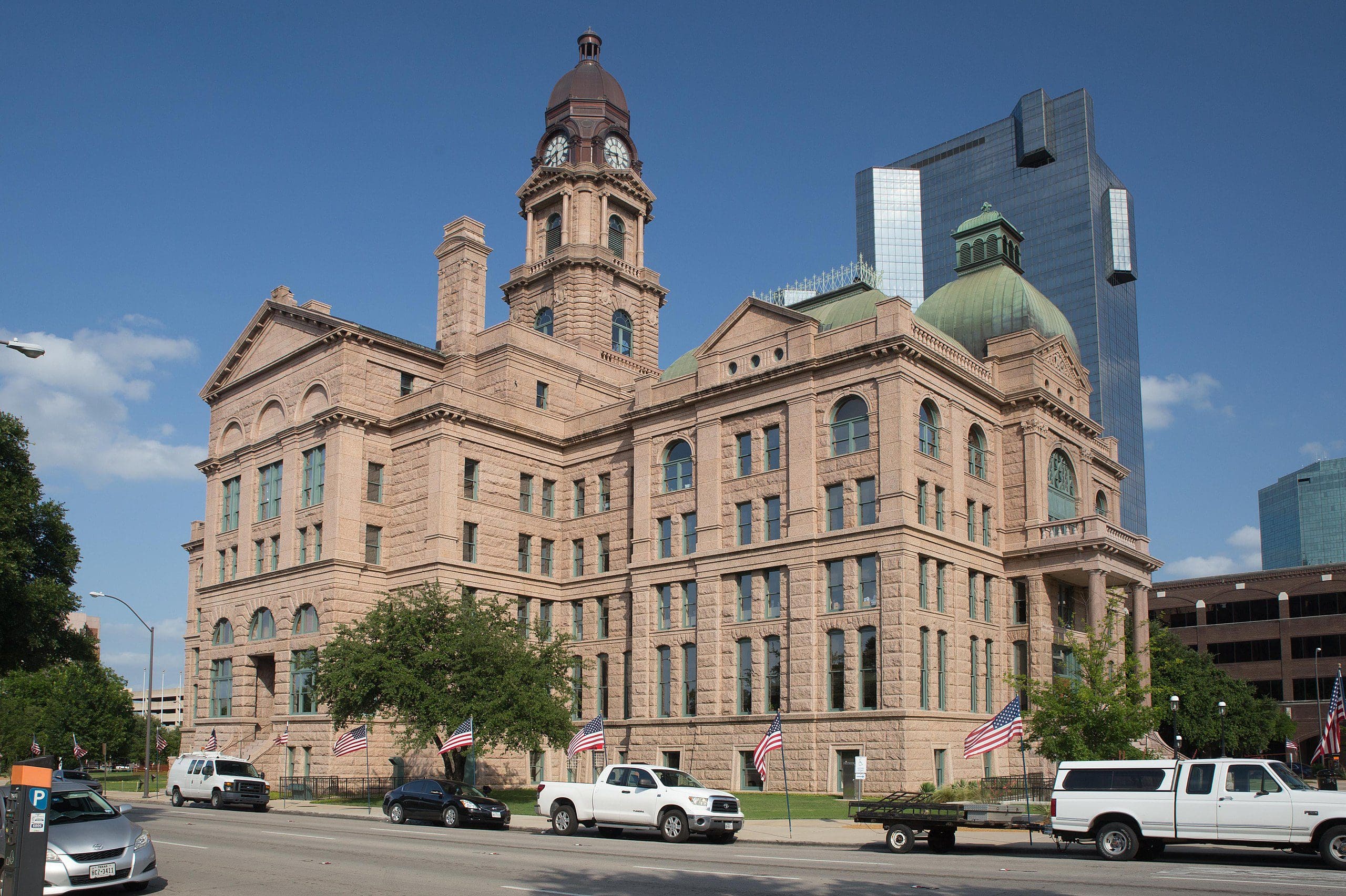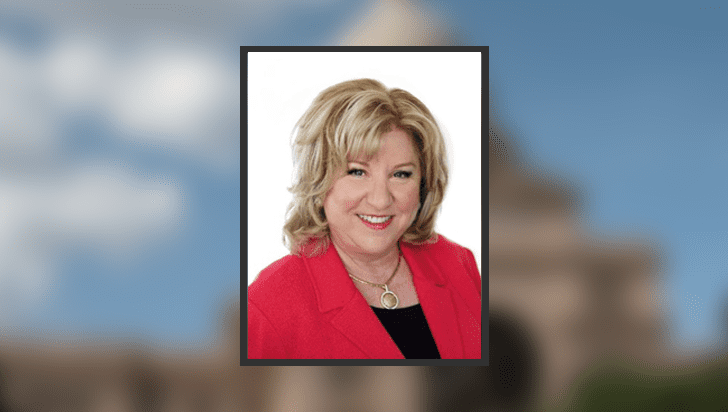Election integrity is a hot topic in Texas right now, sparking a special session showdown in the state Legislature that has made national headlines.
So, it’s no surprise a panel on securing elections attracted grassroots activists at the Conservative Political Action Conference—CPAC for short—held in Dallas over the weekend.
“What we want is for states to take their constitutional authority and conduct elections as they see fit,” said moderator Denise Cohen of the American Conservative Union, the organization that hosts CPAC events.
Cohen asked panelists to explain how the left and right ended up in a battle over who will control future American elections—individual states or the federal government.
“The election was changed, altered, maneuvered, manipulated in the spring and summer of 2020, not on Election Day,” said John Fund, a political journalist and author who has been writing about election fraud issues for two decades.
“With COVID-19, the left had the perfect excuse—without consulting legislatures—to change election laws in state after state, including many of the swing states,” Fund told the crowd at the Sunday morning panel:
We had health directors announce there would be absentee ballots sent out to everyone, they had governors overriding state legislatures … you had everywhere a complete changeover to a new election system. This created chaos and confusion.
“There was lot of fraud, but there was also a lot of bureaucratic incompetence,” Fund added. “The problem with our election system today is, our system is so sloppy, our enforcement is so sporadic, you can’t tell where the incompetence in our elections ends and the fraud begins.”
He cautioned people against believing everything they see on the internet or giving money to unvetted groups that claim to be fighting fraud. “Don’t feed the grifters.”
Former U.S. Attorney General Matt Whitaker said one of the challenges of 2020 was that while the left was litigating in the states to get the election law changes they wanted via the courts, conservatives “didn’t put in the same amount of fight.” Texas was one exception.
“In Texas, the attorney general fought at every turn and won those cases,” Whitaker said.
Texas Attorney General Ken Paxton, who spoke separately at the event, said his office litigated 12 cases defending the state’s election laws before the 2020 election—and won them all.
The big fight right now, said Cohen, is to keep election administration at the state level. She added several states have enacted new reforms this year despite coordinated attacks from the left inaccurately calling new election integrity laws “voter suppression.”
Whitaker said states looked to some of the abuses in 2020, especially in the absentee ballot process and the early voting period, and understood those were “the touchpoints where fraud could happen and most likely would happen.”
So a lot of state legislators, who have the power under the Constitution to reform these things, made those changes to make sure the fraud was cleaned up and that we could have clean elections that everybody trusts the outcomes.
Fund said “the Big Lie” the left is telling is that states’ voting integrity laws are “voter suppression.”
“The left says this is a civil rights issue,” Fund said. “We have two civil rights when it comes to voting. The first one is to make sure no one is prevented from voting.”
“We want to make it easy to vote,” he said. “We also want to make it hard to cheat.”
So, while we keep the gains and the great things the Civil Rights Act did, we also have a second civil right, and that is the right not to have your vote canceled out by someone who shouldn’t be voting. …
The irony is, the biggest victims of voter fraud and voter manipulation in this country are minorities.
Fund said recent polls show minorities support voter ID and believe voter fraud is a serious problem in the same or higher percentages as non-minority Americans.
Cohen said the federal government under Democrat control is now going after Republican states, like the recent suit against Georgia’s new voting laws, and “there’s a lot more litigation coming.”
Whitaker agreed, saying he thinks there will be “an explosion” of states enacting election security laws and federal lawsuits claiming they violate the Voting Rights Act.
“We need to encourage our state legislators, our attorneys general, and our governors to never relent when the Department of Justice comes in, to make sure that the law and the Constitution is always followed,” Whitaker said. “We need to watch every one of these insertions of the federal government into states, trying to affect their voting laws.”
Cohen said as good citizens, Americans need to stay informed, know what the laws are at the state and federal level, and speak out.
Congressional Democrats’ attempt to federalize election laws via H.R. 1 and S. 1 failed “in large part thanks to people like you who had your voices heard,” she said. “The louder we are, the more they will listen.”
“They’re not done,” she added. “They’re still trying to federalize, either by suing the states or bringing forth other legislation” like H.R. 4, “which really gives the Department of Justice a tremendous amount of power.”
On Monday, Democrat lawmakers fled Texas for D.C. to promote those laws that would give the federal government control over state election processes. Democrats argue federalization is needed to counter state laws they claim make it harder to vote.
Tuesday, the Texas Senate passed a comprehensive election integrity bill, but it’s unclear when a sufficient number of House Democrats will return to conduct business.
“If we simply just say no to the people who accuse us of being racist and vote suppressors and … have the courage to pass the kind of laws in the states the attorney general mentioned, I can guarantee you we are going to have a freer, fairer, more transparent election system next year than we did in 2020 and an even better one in 2024,” Fund said.
“The most important thing we have to do is let the states keep running elections,” he added.
“We are happy warriors,” Whitaker concluded. “Don’t ever give up.”





